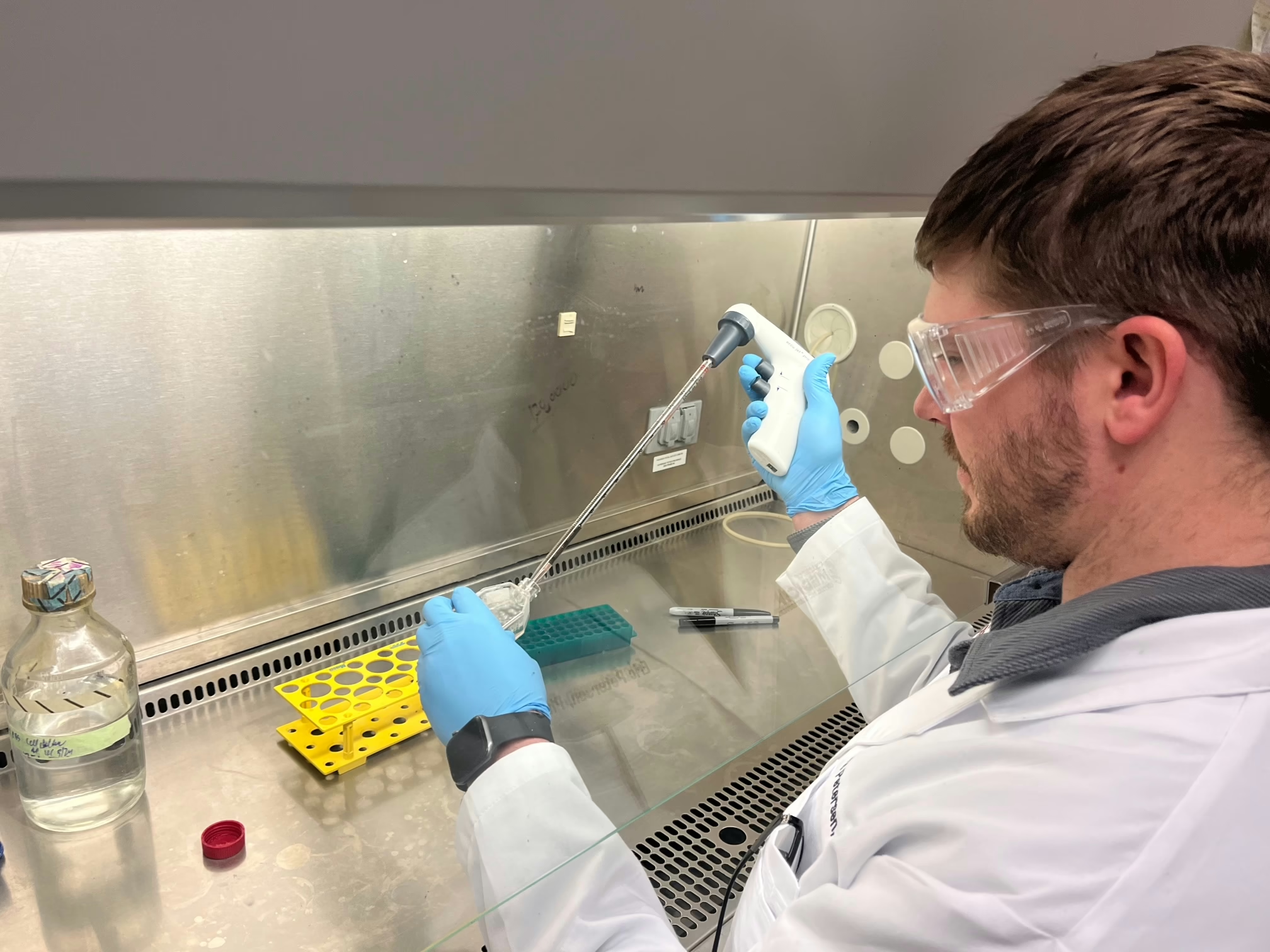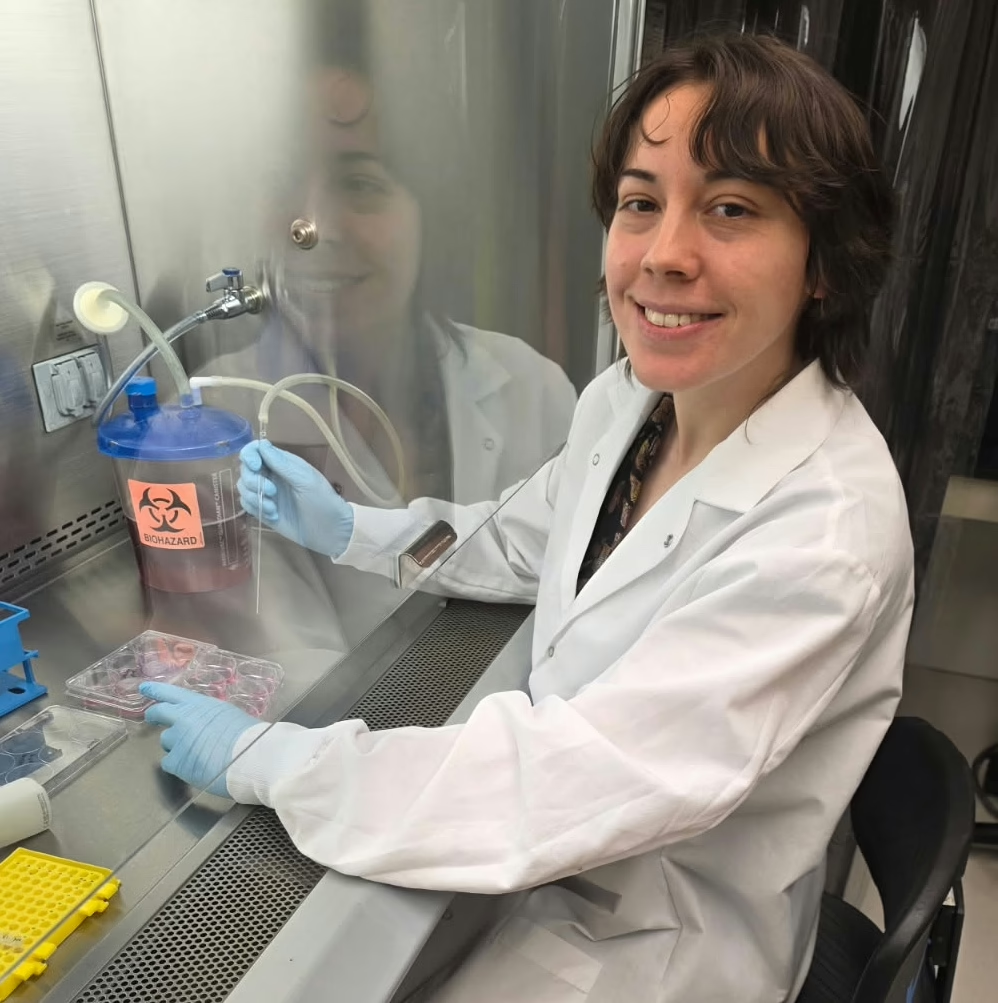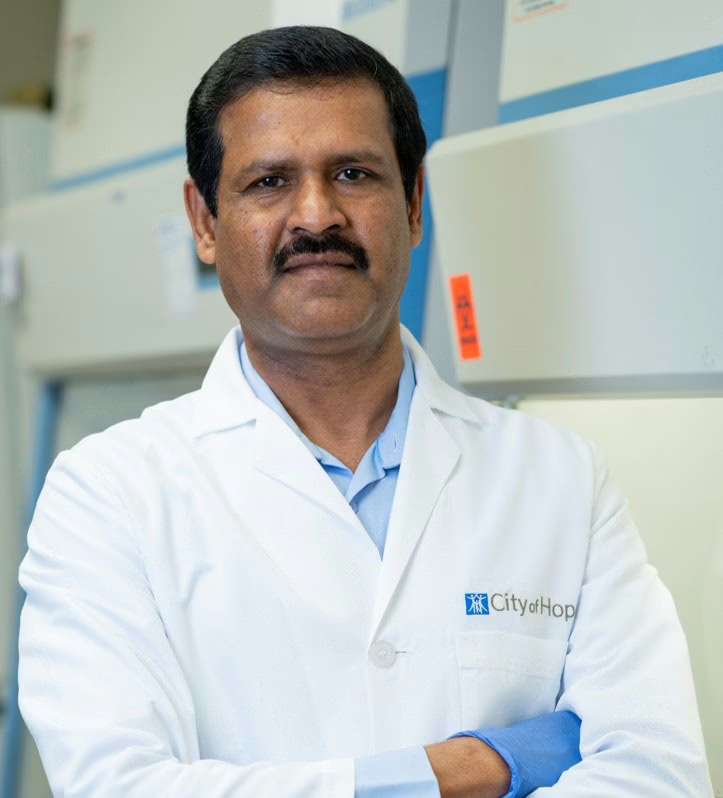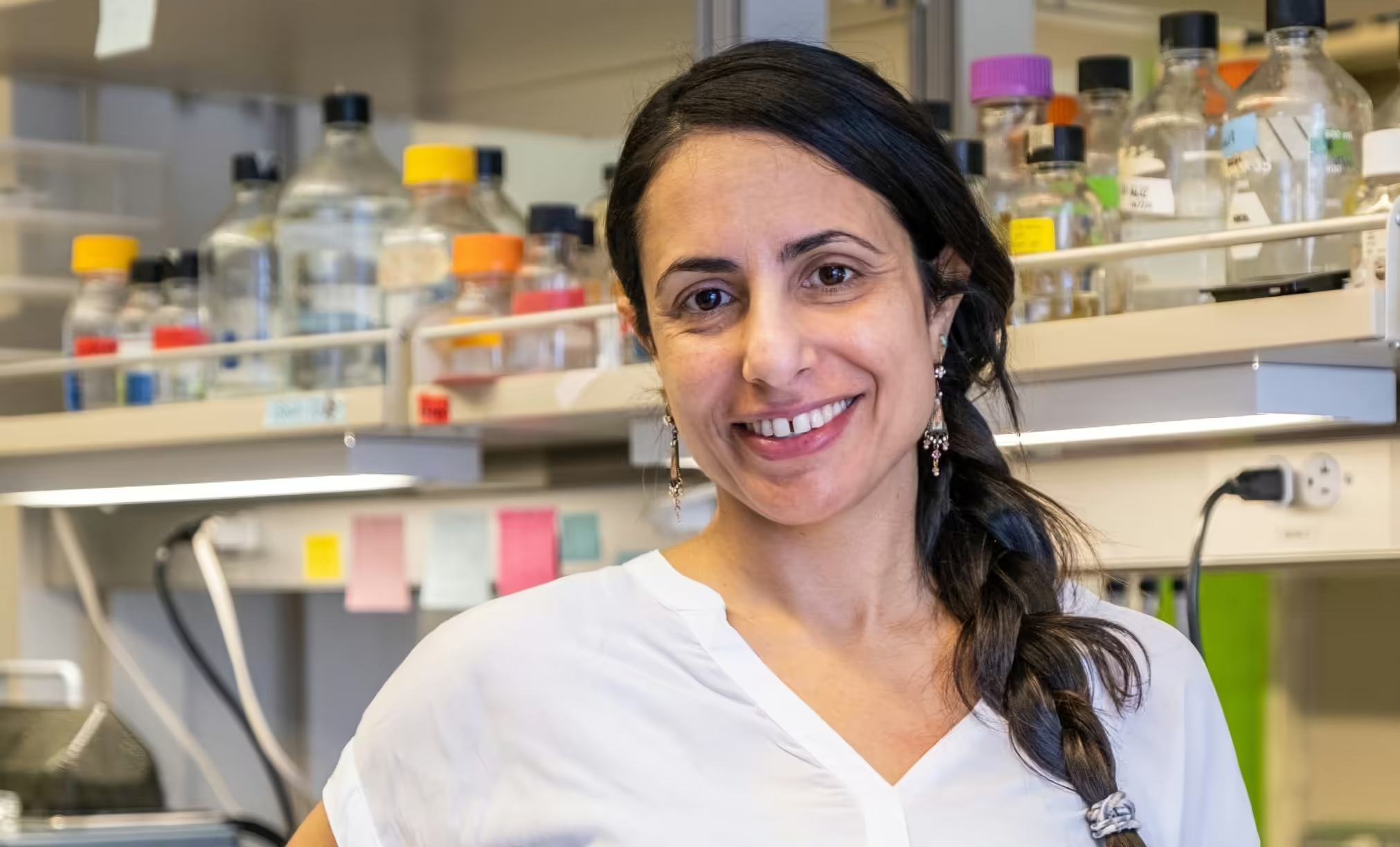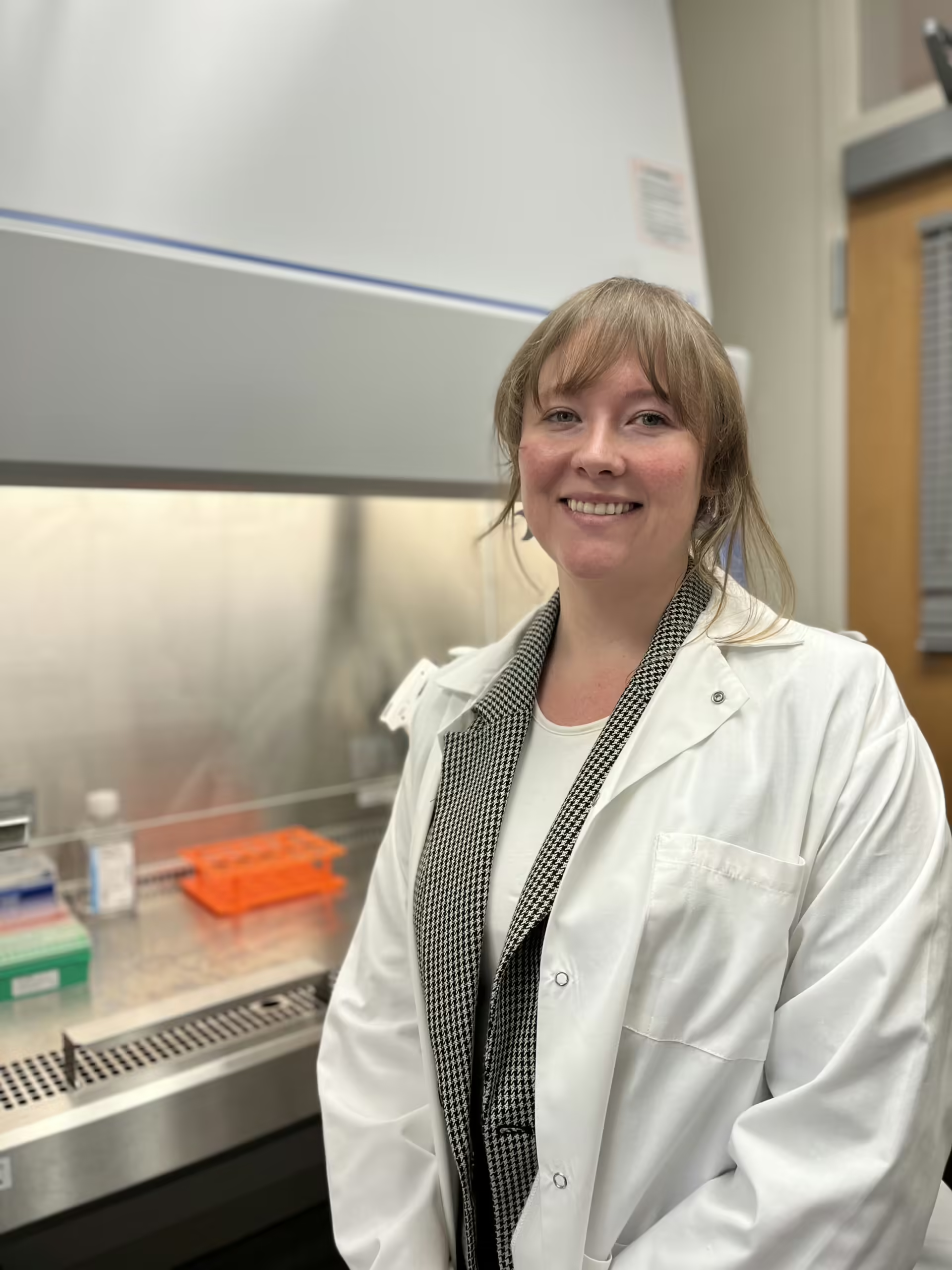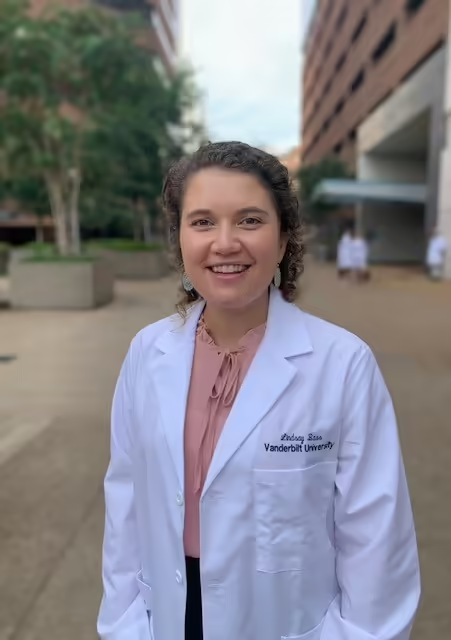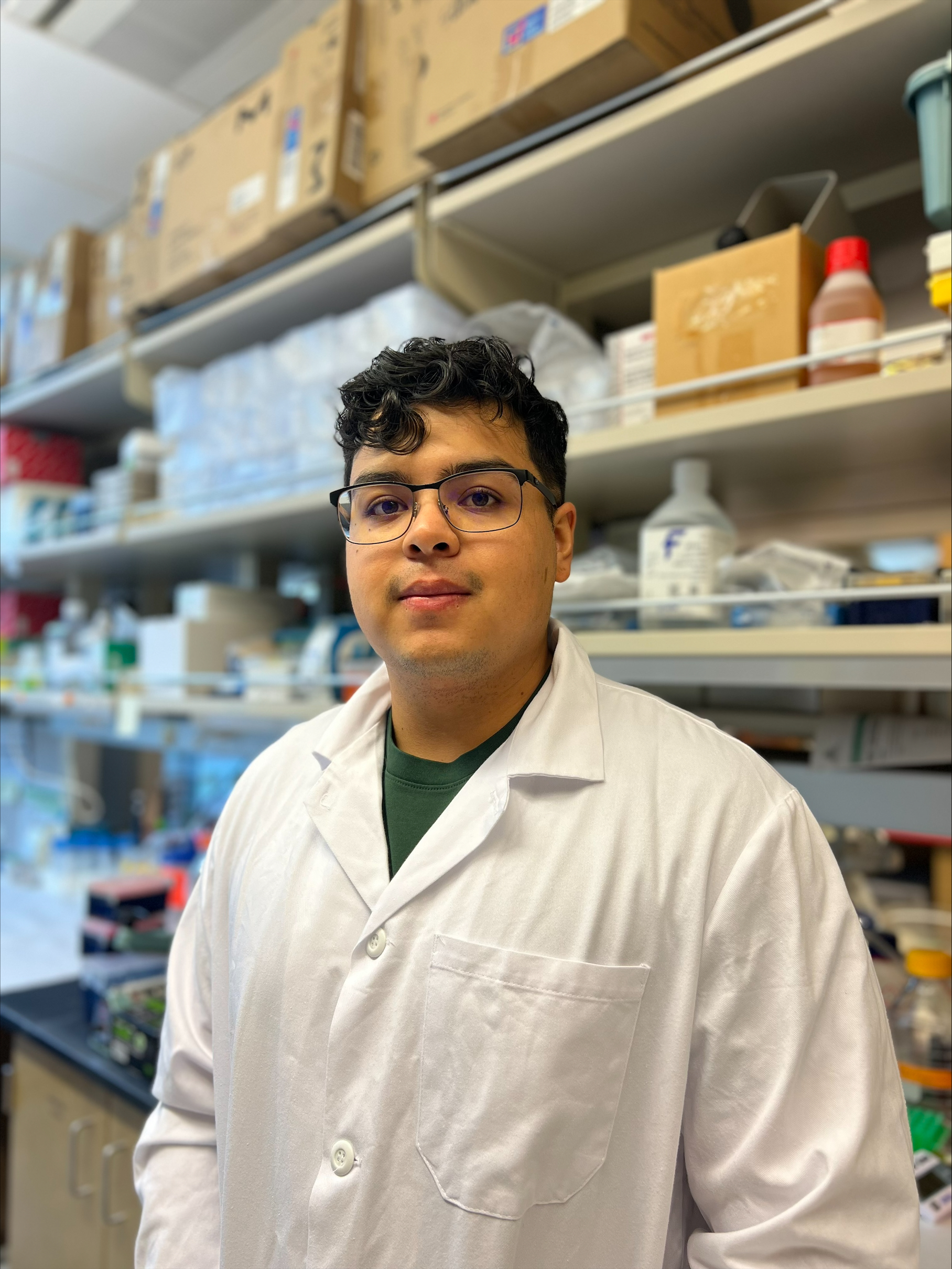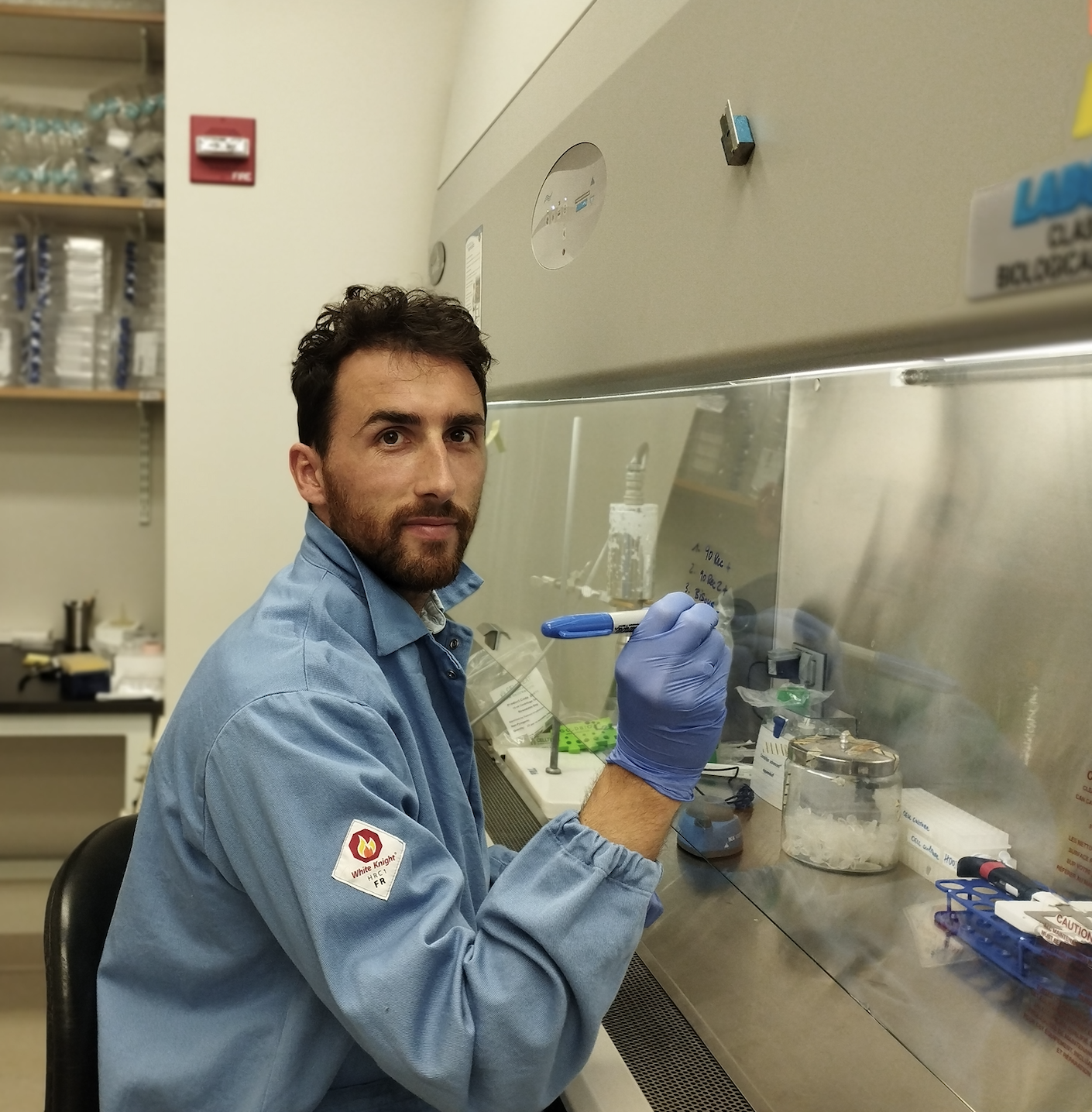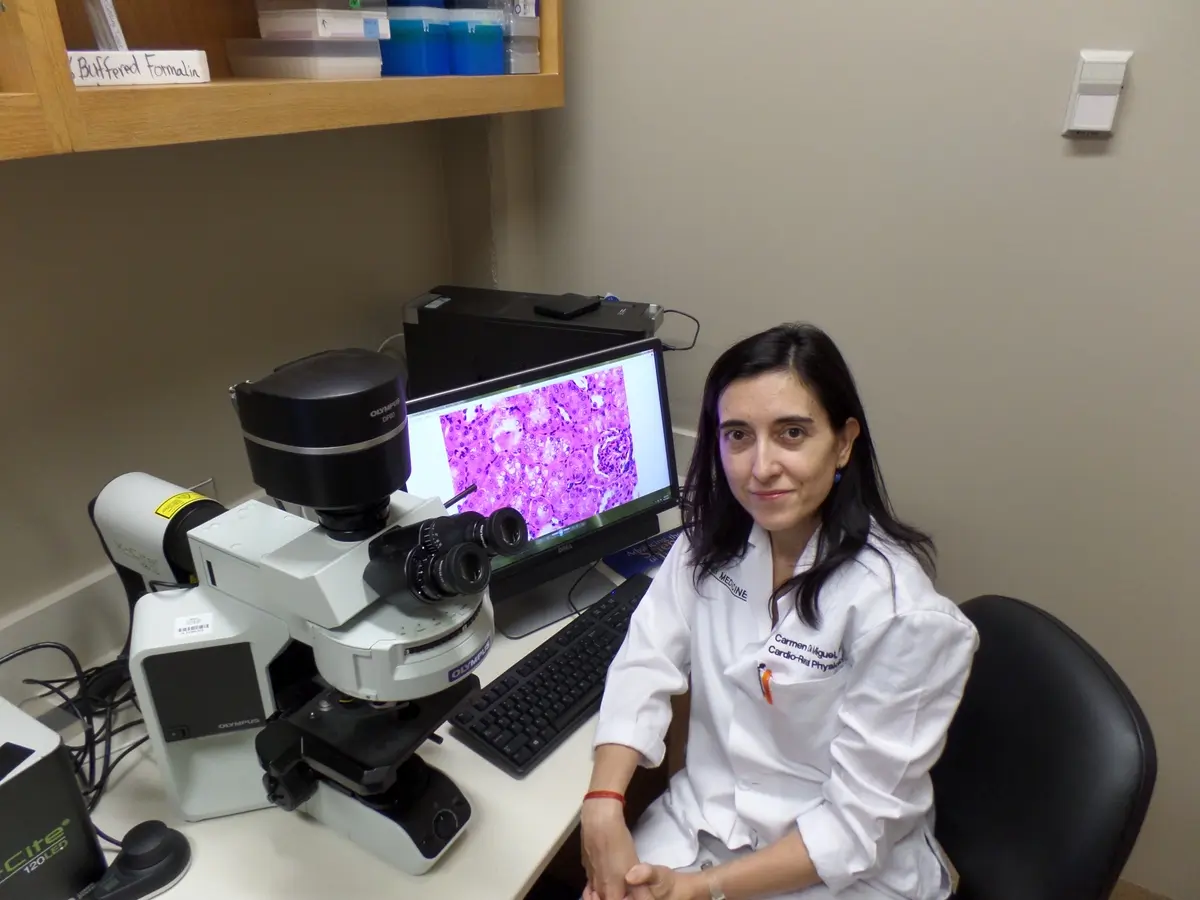PROJECT UPDATE(S)
Final Update:
Since the last report, we have made significant progress even in the midst of the COVID-19 pandemic, which has affected our academic activities. Since the last progress report, we carried out more studies using the oral samples collected from the patients with T1D and healthy individuals. Below are our research findings.
We demonstrate that gut bacteria from patients with T1D alter the host intestinal and systemic IgA immune responses, which are mediated by gut microbiota-derived SCFAs. The contribution of the host intestinal and systemic IgA immune responses, associated with gut microbiota, to directly causing T1D development in humans would be confirmed in a future longitudinal study in pre-diabetic individuals. However, our cross-sectional study provides novel insights regarding the function of gut microbiota and their metabolites in the immuno-pathogenesis of T1D. Moreover, IgA-bound gut bacteria might be used as an additional biomarker for T1D. Our findings are now in preprint for publication.
We are very grateful for the support from Diabetes Research Connection and also very grateful for the generous donors.
Thank you for supporting my project: A Bacteria in the Gut May Predict Type 1 Diabetes (T1D). I want to update you on the first three months of progress for this project. Based on our recent findings, we have hypothesized that Fusobacteria play an important role in the development of human T1D and the abundance of Fusobacteria can be used as a predictive biomarker for the progression of human T1D. We proposed two sets of specific experiments to test our hypothesis. We proposed to recruit ~90 patients and healthy controls during the entire study period. We proposed to collect oral and stool samples of the study subjects. With collaboration both at Yale University and outside Yale (UK and China), we were able to obtain over 100 oral samples from T1D patients and non-diabetic healthy controls. We extracted bacterial DNA and performed bacterial 16S rRNA high-throughput sequencing. Using QUMEII data analytic system, we found that the alpha diversity of the oral bacteria in T1D patients was significantly reduced (see the Figure below). Our results not only support the recent findings by other investigators using fecal samples, but also our results support our hypothesis that oral microbiota might be used as a predictive biomarker for human T1D. Moreover, oral samples are much easier to obtain than fecal samples. We are currently further analyzing the sequencing data (~3 million) and we are confident that we will have interesting findings in the next progress report.
Project Description
Type 1 Diabetes (T1D) is an autoimmune disease caused by body’s white blood cells inappropriately attacking the insulin-producing beta cells of the pancreas. The confused white blood cells are called autoreactive T cells. We know that both genetics and the environment are important factors that determine whether people develop type 1 diabetes. Over the last 20 years, T1D has steadily increased in the United States and worldwide, and this rapid increase cannot be explained by changes in genes, and is likely to be due to changes in the environment.
We and other scientists discovered that gut bacteria contribute to the development of T1D. The varieties of gut bacteria in diabetic children and those at high risk of developing diabetes are very different from those of healthy individuals. Using an animal model of T1D, we recently found that some of the gut bacteria share similar molecular markers with insulin-producing beta cells in pancreas. The presence of these bacteria can stimulate the autoreactive T cells to mistakenly attack insulin-producing beta cells. One group of these diabetes-inducing bacteria is called Fusobacteria. We found more Fusobacteria in diabetic mice and the number of Fusobacteria increased as mice approached onset of diabetes. We hypothesize that Fusobacteria are associated with human T1D. If our hypothesis is correct, we may be able to use the quantity of Fusobacteria present in the gut to predict and monitor the time of diabetes development in individuals who are prone to the disease.
To test our hypothesis, I will collaborate with physicians who will provide me with human oral and fecal samples from T1D patients, individuals at high risk for developing T1D and healthy individuals. Fusobacteria are commonly found in the mouth and intestine in very small numbers. We will use advanced technology to estimate the number of Fusobacteria in the samples collected at different times within a year or longer. The goal of this research project is to show whether an increase of Fusobacteria is correlated with diabetes onset. If my hypothesis is correct, this approach can help doctors to predict the process of diabetes development, and potentially prevent the individuals who are at risk from developing the disease. This will not only benefit public health but also reduce the physical, psychological and financial burden to the people who may develop diabetes.
Project Details
A Bacteria in the Gut may Predict Type 1 Diabetes from DiabetesResearchConnection


